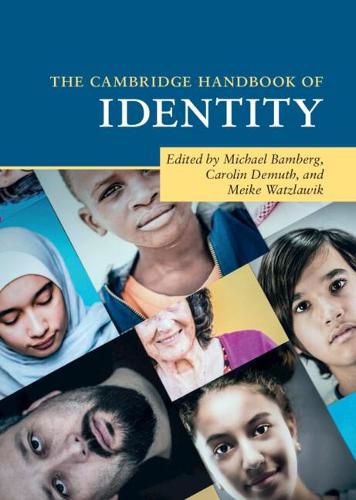Readings Newsletter
Become a Readings Member to make your shopping experience even easier.
Sign in or sign up for free!
You’re not far away from qualifying for FREE standard shipping within Australia
You’ve qualified for FREE standard shipping within Australia
The cart is loading…






While ‘identity’ is a key concept in psychology and the social sciences, researchers have used and understood this concept in diverse and often contradictory ways. The Cambridge Handbook of Identity presents the lively, multidisciplinary field of identity research as working around three central themes: (i) difference and sameness between people; (ii) people’s agency in the world; and (iii) how identities can change or remain stable over time. The chapters in this collection explore approaches behind these themes, followed by a close look at their methodological implications, while examples from a number of applied domains demonstrate how identity research follows concrete analytical procedures. Featuring an international team of contributors who enrich psychological research with historical, cultural, and political perspectives, the handbook also explores contemporary issues of identity politics, diversity, intersectionality, and inclusion. It is an essential resource for all scholars and students working on identity theory and research.
$9.00 standard shipping within Australia
FREE standard shipping within Australia for orders over $100.00
Express & International shipping calculated at checkout
While ‘identity’ is a key concept in psychology and the social sciences, researchers have used and understood this concept in diverse and often contradictory ways. The Cambridge Handbook of Identity presents the lively, multidisciplinary field of identity research as working around three central themes: (i) difference and sameness between people; (ii) people’s agency in the world; and (iii) how identities can change or remain stable over time. The chapters in this collection explore approaches behind these themes, followed by a close look at their methodological implications, while examples from a number of applied domains demonstrate how identity research follows concrete analytical procedures. Featuring an international team of contributors who enrich psychological research with historical, cultural, and political perspectives, the handbook also explores contemporary issues of identity politics, diversity, intersectionality, and inclusion. It is an essential resource for all scholars and students working on identity theory and research.